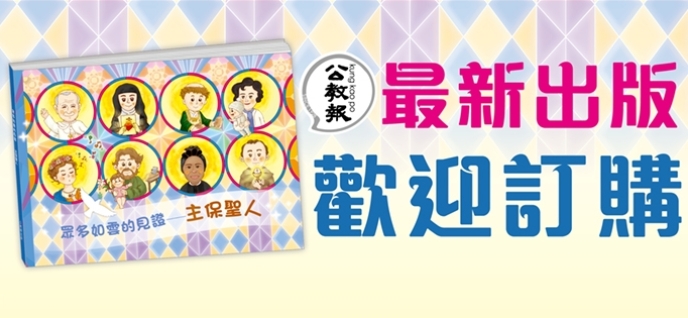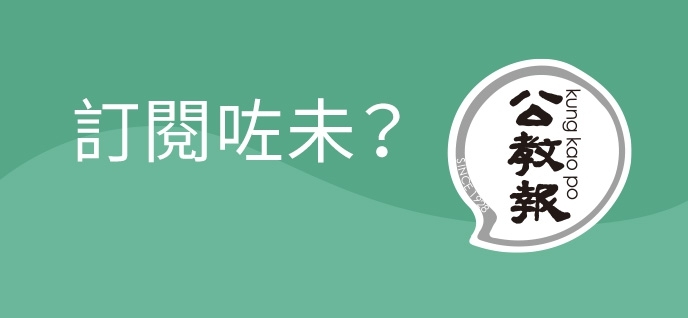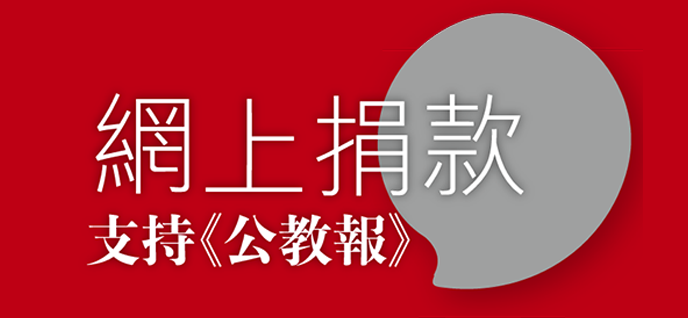
Spoon-feeding
While international studies have shown that Hong Kong students perform well in reading, mathematics and science, the " spoon-feeding " approach in the education system is still a great concern.
Literally speaking, to spoon-feed someone means to give them food with a spoon. This expression normally applies to babies and toddlers, who only need to swallow the food on the spoon.
Its figurative use was first found in a poetry collection by an English poet, Robert Browning, in 1864.
" So, minds at first must be spoon-fed with truth. "
Nowadays this term is widely used in the domain of education to describe mechanical drilling, rote memorisation, and passive learning. To spoon-feed students means to give them information and answers to the extent that they do not need to do any analysis or exploration but only memorisation of facts.
There are different views on the spoon-feeding culture. While some people think that taking initiative and critical thinking are in children's best interests, some argue that spoon-feeding of learning materials may lead to better exam results. What do you think?
國際研究顯示,香港學生在閱讀、數學和科學表現良好,可是,填鴨式(spoon-feeding)的教育制度依然令人十分關注。
從字面意義來說,to spoon-feed someone的意思是用匙子給他們餵食物。這個說法通常適用於嬰幼兒,因為他們只需吞下匙子上的食物。
這個字的比喻意義首次見於1864年英格蘭詩人羅伯特.白朗寧所撰寫的詩集。
“So, minds at first must be spoon-fed with truth.”
今天,這個術語在教育領域廣泛用來形容機械式操練、死記硬背和被動學習。To spoon-feed students的意思就是倚重給予學生資料和答案,以至於他們無需做任何分析或探究,而只需記誦事實。
人們對填鴨式灌輸的文化持不同意見。一些人覺得積極主動和批判思考能力才是符合兒童的最佳利益,但是有些人卻認為填鴨式灌輸學習材料或能帶來較佳的考試成績。你有甚麼看法呢?

捐款支持公教報 http://kkp.org.hk/donation






